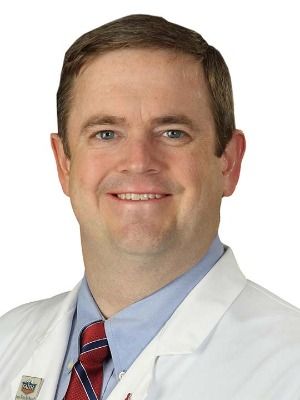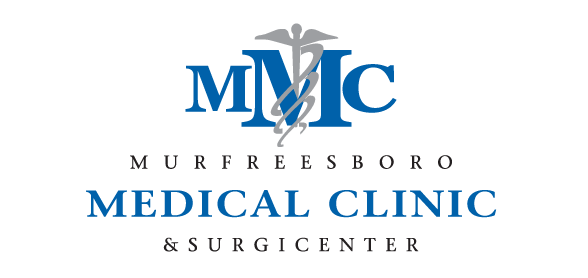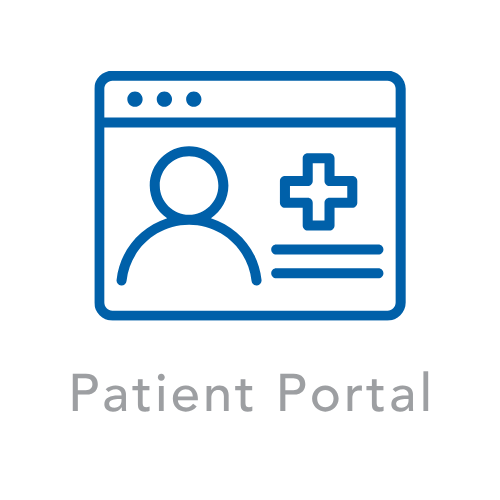Hernia Relief is Possible
A hernia occurs when part of your internal organ or tissue protrudes through a weak area of your muscular wall typically in the groin and belly areas.
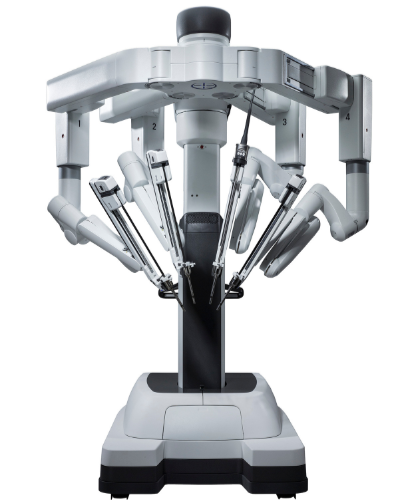
Are There Different Types?
Yes, hernias come in several different forms and can affect both men and women. The most common type is an inguinal hernia which occurs in the groin area. Other types include hiatal and ventral.
What Are Common Signs & Symptoms?
With different hernia types come different signs and symptoms. Most, however, have a noticeable lump or bulge in the abdomen area that can be pushed in and can disappear when lying down. You may experience pain while lifting and notice that the bulge gets larger over time. With a hiatal hernia, which occurs in the upper part of the stomach, symptoms of gastroesophageal reflux disease (GERD), such as heartburn, are common.
Should I Seek Medical Care?
Unfortunately, hernias can impact your quality of life and do not go away on their own. If you findthat your hernia can no longer be pushed in, seek medical care immediately as this could be a sign that the hernia is strangulated. If left untreated, a strangulated hernia can become life-threatening.
How Can MMC Help?
At MMC, we are committed to providing patients with quality, accessible medical and surgical care. Since our founding over 70 years ago, medical care has seen many improvements like the introduction of robotic hernia repairs. This minimally invasive procedure provides patients with shorter recoverytimes, which is great for individuals with busy schedules.
We are pleased to have four board-certified general surgeons who have been specially trained in robotic hernia repairs on our team.
To learn more and to find out if this procedure could be an option for you, give us a call at 615-893-4480.
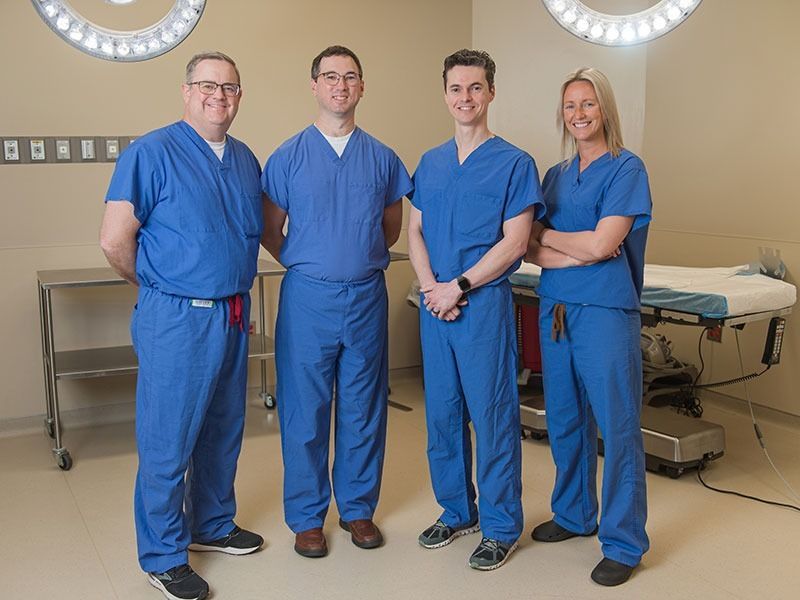
David Beaird, M.D. | Paul Pasarilla, M.D. | Shawn L. Horwitz, D.O. | Heather Dunlap, D.O
Hear from our surgeons
MMC's General Principles of Hernias
Hernias are more complex than one might think. To help our patients get a better understanding of this condition, we asked Dr. Horwitz to share the five general principles of hernias. Check out this video to hear what he had to say.
Signs & Symptoms of Hernias
Our General Surgery team treats hernia patients on a daily basis. In fact, you could consider them to be hernia experts. We sat down with one of those experts, Dr. Heater Dunlap, to talk about the common signs and symptoms of hernias and to answer the question of when to see a doctor
What You Need to Know About Hernia Repair
At MMC, we are pleased to have four doctors on our General Surgery team who are specifically trained in robotic hernia repair. Check out this video from Dr. Pasarilla to learn about the benefits of this procedure and give us a call at (615) 867-8040 if you think you could be a candidate. As always, your health is our mission
“Patients frequently come who were told not to worry about a small hernia that eventually becomes larger and more difficult to repair. As hernias increase in size, they can really distort the anatomy and make a minimally invasive procedure more difficult or impossible to offer a patient.” - Dr. Beaird
Dr. Beaird's patient Brandise has experienced this first hand....hear her story, here.
